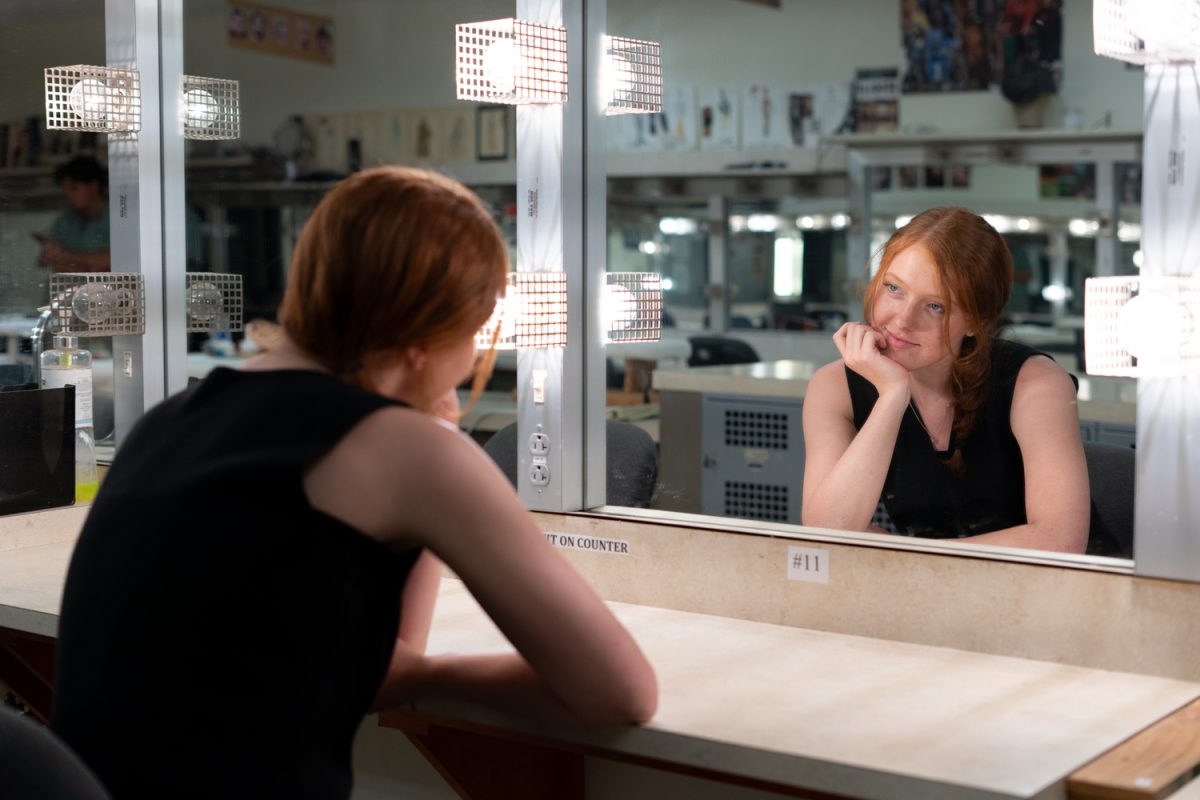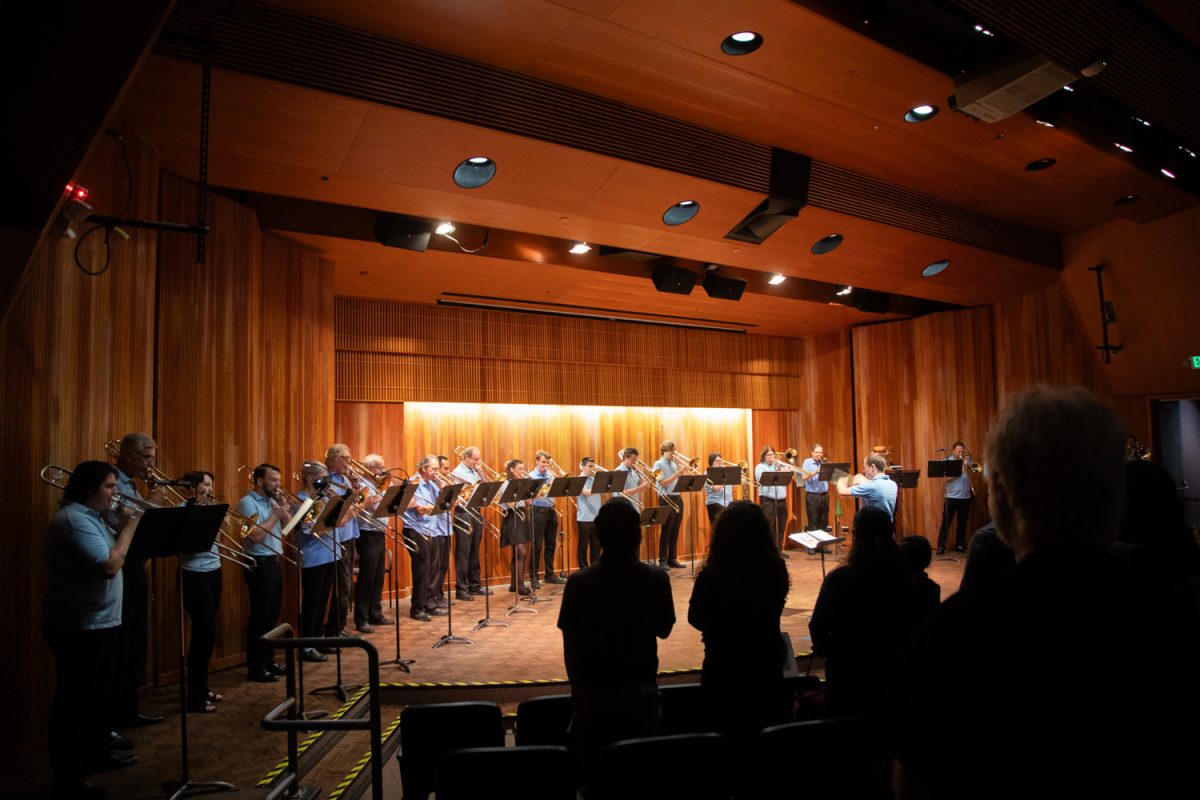“Golden Gate Girls” is a biographical documentary that examines the life of Esther Eng, the Chinese-American film director who worked in both Hollywood and Hong Kong.
Eng is a pioneer in the film industry and was the first female director to direct Chinese-language films in the United States. Her work includes four films shot in the U.S. and five more that were filmed in Hong Kong. All of the films are in Cantonese, a southern Chinese dialect.
The film explores Eng’s career as one of the first female filmmakers in Hollywood, beginning with her directorial debut at 22 years old in 1936 with the film “Heartache,” the first Cantonese-language film shot in Hollywood.
Although Eng was overlooked by the mainstream, she managed to live a successful life as a filmmaker and restaurateur, while also being openly lesbian in a time of discrimination against people of color and different sexualities.
Growing up in San Francisco’s Chinatown, Eng and her family often frequented the local Cantonese opera house. Actors from this opera house would later be featured in Eng’s films. Eng herself had a role in bringing more Cantonese opera groups to the United States.
At 23 years old, Eng went to Hong Kong and became a local celebrity for her relationships with actresses and for her style, donning black slacks, a white fitted jacket and short, slick-back hair. Eng later returned to San Francisco before the start of the Sino-Japanese War but her life was not as well-documented in the US as it was in Hong Kong, with the exception of her film “Golden Gate Girl,” which was made in support of the movement “A Bowl of Rice Campaign.”
The film was praised during its time, especially since it was a new film after the Second World War. The film even features a three-month-old Bruce Lee playing a new-born girl.
With a run-time of 90 minutes, “Golden Gate Girls” wastes no time, with plenty of stories, photographs, and videos of voices from the 1930s through to the 60s guaranteed to give the viewer a glimpse into the life of a successful yet underrated artist.
In 1949, Eng left the film industry and opened three renowned restaurants in New York, where she later died in 1970.
With Chinese film history and American film history usually forgetting to mention Eng, this film celebrates the life of someone who broke through the boundaries of race, gender and sexuality and lived a life true to her own without worrying about the judgments from others.
With entertaining transitions and a jazzy theme throughout the documentary, “Golden Gate Girls” is an entertaining and informative film that will certainly inspire any viewer.
The movie is available for viewing on Kanopy.
I give it an 8/10.














